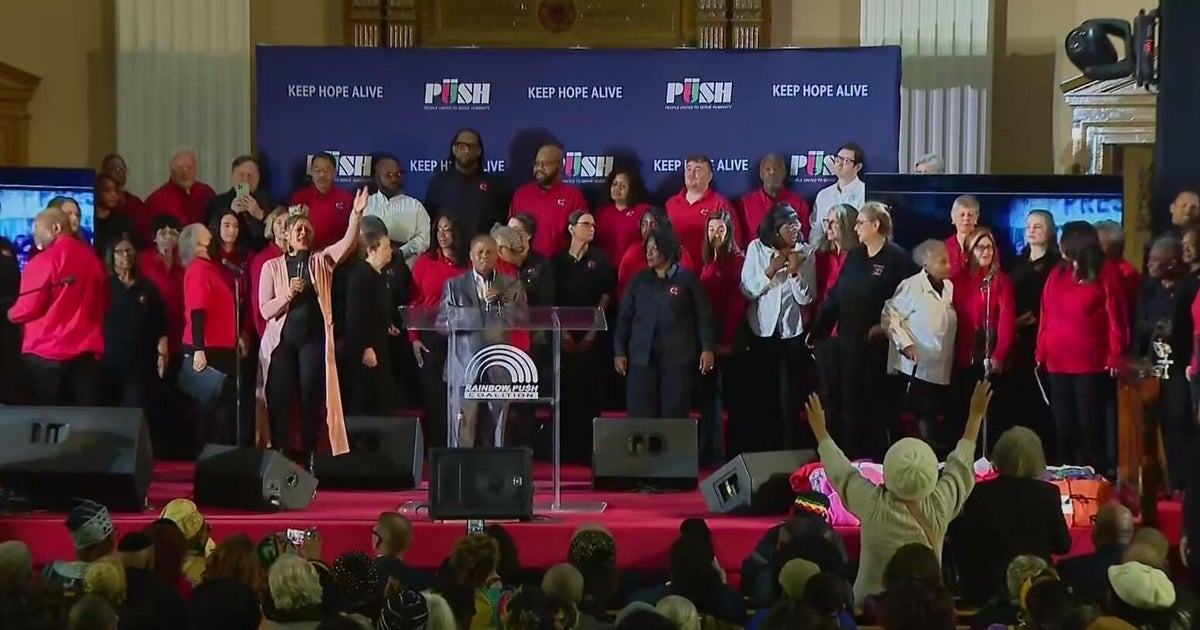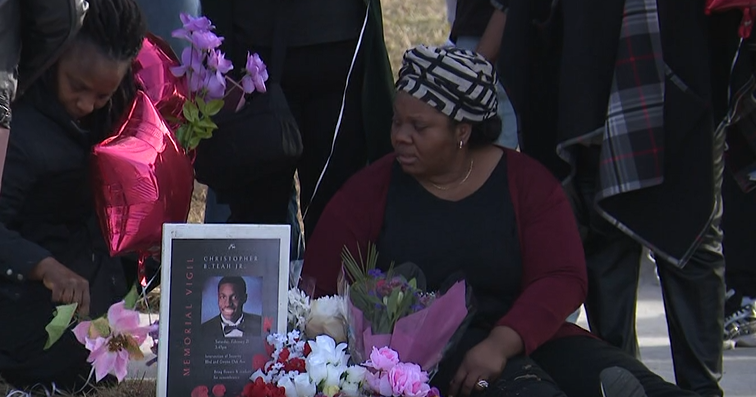Breaking Barriers, Breaking News, Breaking Heads
By Bill Campbell
It has escaped much attention but this past Sunday was "Jackie Robinson Day" in major league ballparks around the country. Robinson and his legacy were remembered with various tributes and testimonials. All major league players wore Number 42 on their backs, the only athletic number that has been retired in perpetuity. Jackie Robinson broke the major league baseball color line on April 15, 1947, but if we restrict Robinson's influence to just baseball we do him and his memorable accomplishments a major disservice.
Robinson was, arguably, one of the most important civil rights figures of our time and the integration of baseball was, as author Chris Lamb wrote in his book "Conspiracy of Silence," the principal figure in the most important civil rights story in the years immediately following World War II. When Robinson played his first game for the Dodgers in 1947, many of us who were around at the time didn't realize that he carried the hopes and dreams of black people everywhere. His appearance pertained not only to baseball but to all black people who realized they could have their own set of rights. They could have jobs, pursue decent homes, try to get an education, be free from insult and have an equal opportunity to achieve. As author Lamb wrote recently in USA Today, "Never before had so much been riding on the shoulders of one athlete. If he succeeded, he succeeded for all blacks. If he failed, he would affirm the label of many whites at the time that blacks were inferior." Robinson suffered curses, vile abuse, spiking and bean balls and, sometimes, even death threats. His strength and resolution in the face of such opposition was remarkable at a time before we had heard of places like Selma, Birmingham and Montgomery. Even before we had heard of Martin Luther King or Rosa Parks or Brown v. Board of Education. Robinson's incredible career took its toll. He died in 1972 of complications from heart disease and diabetes. He was nearly blind and crippled and his hair was white. He was only 53 years of age. As Arnold Rampersad wrote in his biography of Robinson, "Neither blacks nor whites would ever be quite the same thereafter in America."
It is hard to believe that baseball now has the lowest percentage of African American players since the earliest days of the game's integration. The African American baseball population has dropped to 8.05%, less than half of the better than 17% it was in 1959 when the Boston Red Sox became the last team to integrate their roster. In 1975, 27% of big league rosters were occupied by African American players and in 1995 the percentage reached 19%. Ten teams opened this season with no more than one African American on their rosters and 25% are clustered on three teams: the New York Yankees, the Los Angeles Angels and the Los Angeles Dodgers. The void has been filled from beyond the USA's borders. Foreign-born players now make up 28% of opening day rosters, though baseball continues to be recognized as the Great American Game. But Jackie Robinson started it all.
Am I the only sports fan who believes that Ozzie Guillen got off rather easily? Bobby Petrino, the successful Arkansas football coach and married father of four, took a woman riding along on his recent motorcycle trip, which ended in an accident. He misled authorities about the accident, hired his traveling companion for a much-coveted position on his staff (for which 159 people had applied) and wound up presenting her with a gift of $20,000. He's gone. Guillen is the new manager of the Miami Marlins baseball team, who recently signed a four-year $10 million contract. He is also the voice and spokesman for the Marlins organization, which just opened an expensive new ballpark in that section of Miami known as "Little Havana". Guillen expressed his respect and love for Fidel Castro recently despite the fact that the ballpark was built and stands in Little Havana. That territory is occupied by Cuban Americans who managed to escape Castro's repressive regime of the 1950's and 60's and who are now expected to fill the seats in the new stadium to watch the Marlins play. Guillen has had a habit of letting his mouth cause trouble. A couple of years ago, he used a racial slur to describe a Chicago columnist with whom he disagreed. There seems to be a difference between what Petrino did and what Guillen said. But Guillen survived with a five-game suspension. He spent last Tuesday back in Havana apologizing all over the place in both Spanish and English to his exasperated fans. And he promised that if he has any more nice thoughts about Fidel Castro, he will keep them to himself. Am I the only sports fan who thinks that Arkansas did the right thing in firing Petrino and Miami almost did with Guillen?
I mentioned last week that I was going to spend most of my time watching Jaromir Jagr in the Flyers-Penguins series. He's forty years old and I can't think of anyone else forty or over who's still competing -- except Jamie Moyer, who only works every fifth day for the Colorado Rockies. Rather remarkable in itself when one considers that Moyer is pushing fifty. But Jagr, who scored the go-ahead goal in the Flyers' remarkable first game victory in the current series, is an attractive target for special attention. His twenty years of experience has to provide his team with an unusual perspective and must be quite an aid to coach Peter Laviolette and his staff. I made a prediction before the series started that Jagr would do something unusual. I didn't have to be very knowledgeable to make that prediction. Playing Stanley Cup hockey at age forty is pretty unusual. And Jagr, tough as nails, is having a heck of a series.
This must seem like personal opinion week but I did notice someone still weighing in on a controversial issue. Michael Weiner, the executive director of the Major League Baseball Players' Association, has gone on record with the statement that the use of steroids should not prevent a player from being elected to the Hall of Fame. He also told the National Press Club in Washington the other day that he thinks Pete Rose should be in the Hall and he expects that there will be team executives, who previously engaged in what he called a massive conspiracy or "collusion" against the players. He was quick to point out that he was giving voice to his personal opinion and not the official position of the union. He also said it could be noted on the plaque if a player's career was tainted by allegations of performance-enhancing substances. What do you think?







